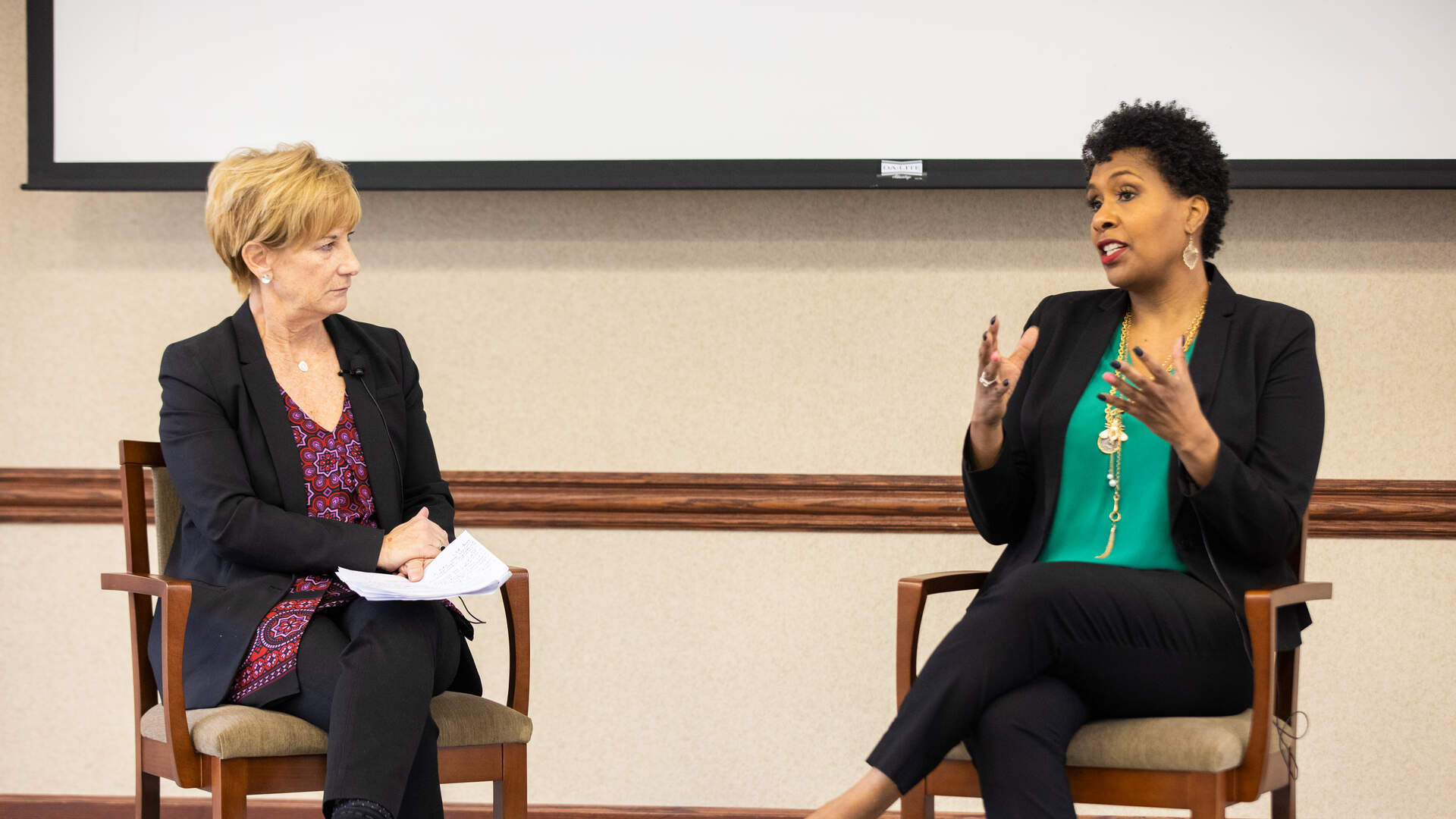A Compliance Professional’s Role and Responsibilities
- Serve as key expert on governmental and financial regulations and laws, including anti-money laundering rules and the Bank Secrecy and Fair Credit Acts.
- Ensure the bank’s policies and procedures comply with rules associated with mortgage lending, deposits and consumer lending.
- Establish and maintain project plans to meet operational risk management initiatives.
- Work with business lines to comprehend, develop and implement operational risk management processes to comply with policies and standards.
- Identify and monitor operational risks.
- Provide remediation suggestions and training to business lines as needed.
- Develop awareness of other company policies and standards and how they align with areas of oversight.
- Stay abreast of banking industry and regulatory developments.
- Communicate emerging or changing risk and related control enhancements.
- Lead and coordinate regulatory audits for Medicare, Medicaid and some commercial business units.
- Conduct training on a company’s Code of Ethics.
- Conduct internal compliance audits for Medicare, Medicaid and commercial business to assess compliance with regulatory and contractual requirements and to establish the organization’s level of audit readiness.
- Manage regulatory/external audit activity, including but not limited to: audit deliverable coordination, on-site audit coordination and management, and mock audit activities. Regulatory audits include those from the Centers for Medicare and Medicaid (CMS), Office of Inspector General, General Accountability Office, State Departments of Insurance and other regulators responsible for oversight.
- Ensure that third-party money managers hired to manage the investments of the company’s corporate affiliate clients remain in compliance with applicable federal securities laws and regulations.
- Conduct on-site due diligence meetings with each entity and obtain, review and analyze materials and reporting provided by each entity.
- Ensure that trading conducted within the company is in compliance with applicable federal securities laws and regulations.
- Update and maintain the company’s risk assessment.
- Conduct testing and annual review of the company’s compliance policies and procedures, and update them when necessary.
- Ensure the company’s employees comply with the requirements of the company’s code of ethics, especially in regard to monitoring personal trading.
- Conduct initial and annual training on the code of ethics.
- Monitor SEC website for changes in regulations that would affect the company; read and analyze new rules; and suggest ways in which the company and its sub-advisers and third-party money managers would need to comply with the changes.



